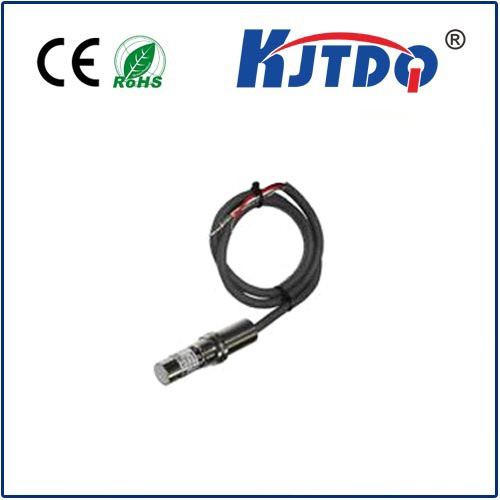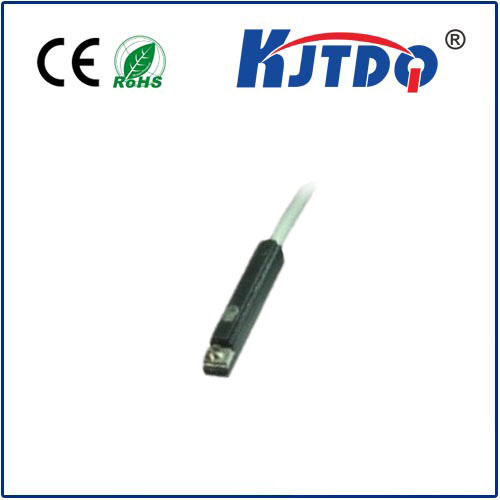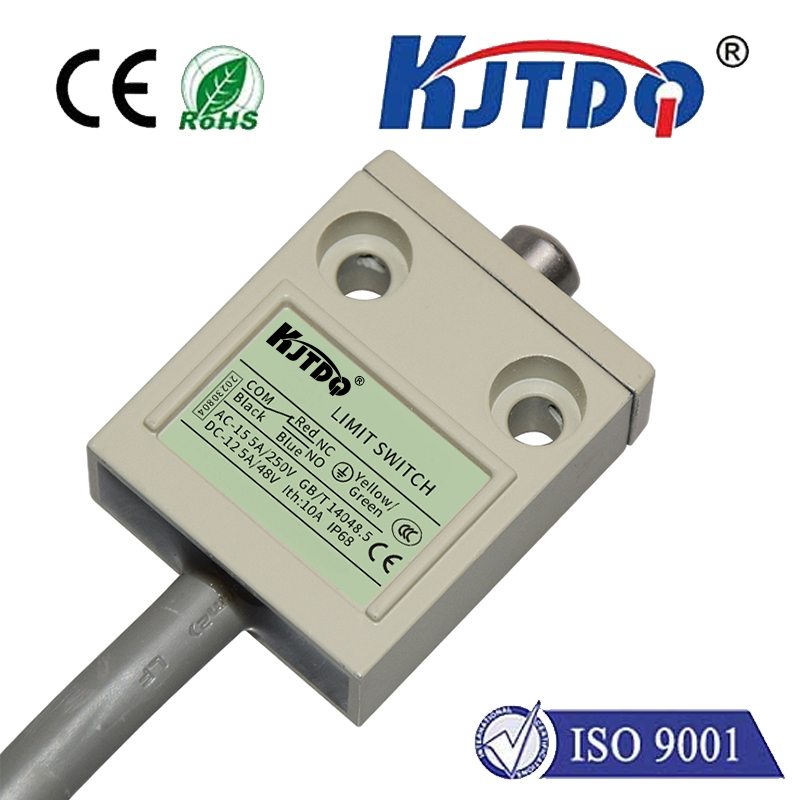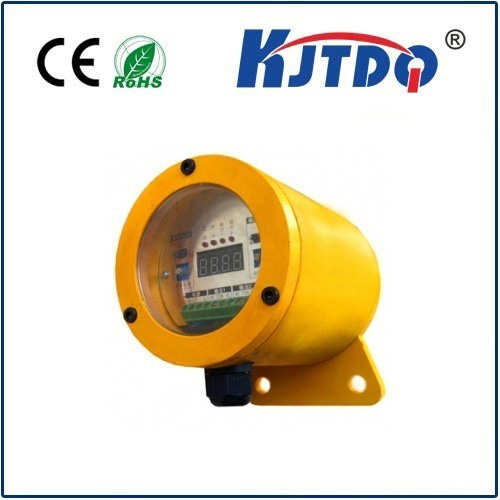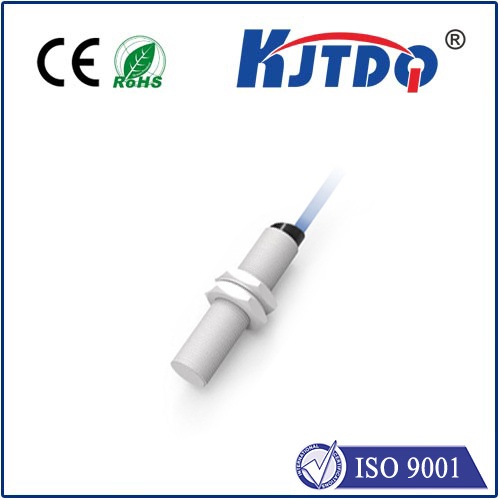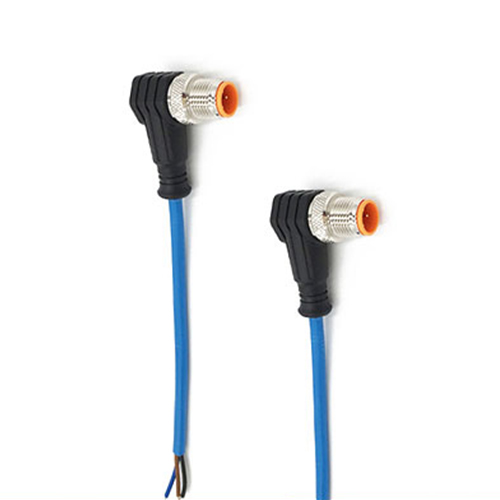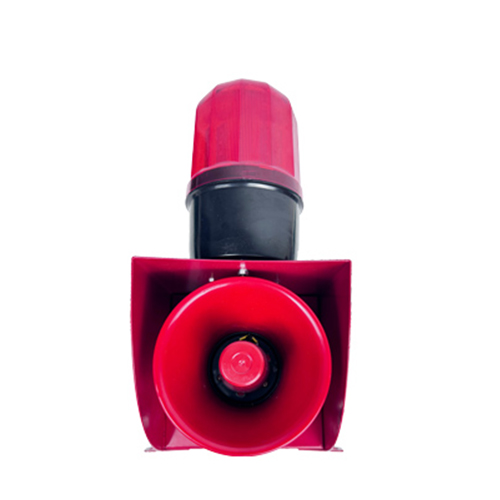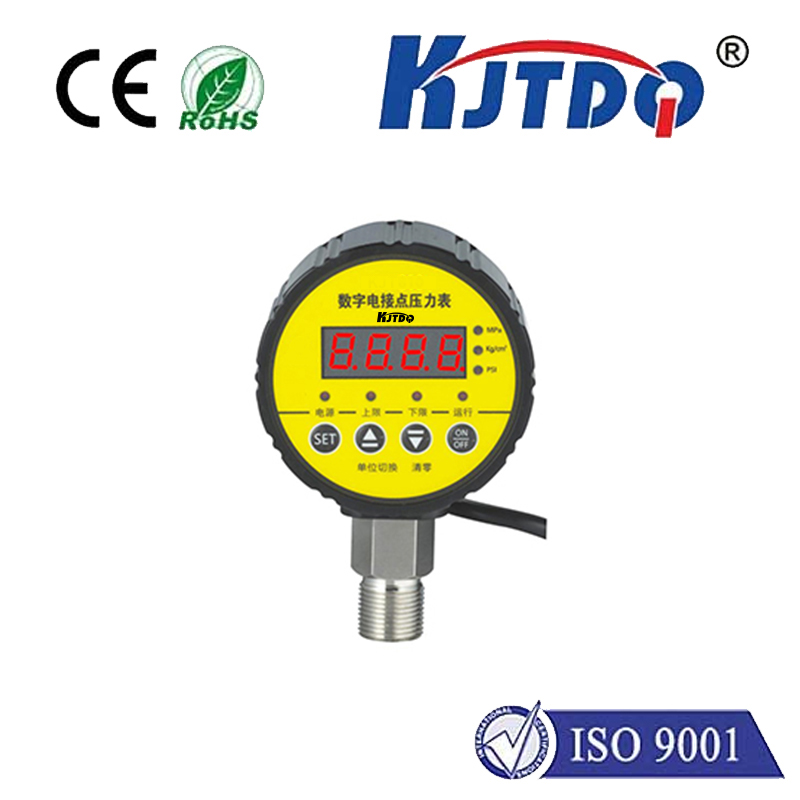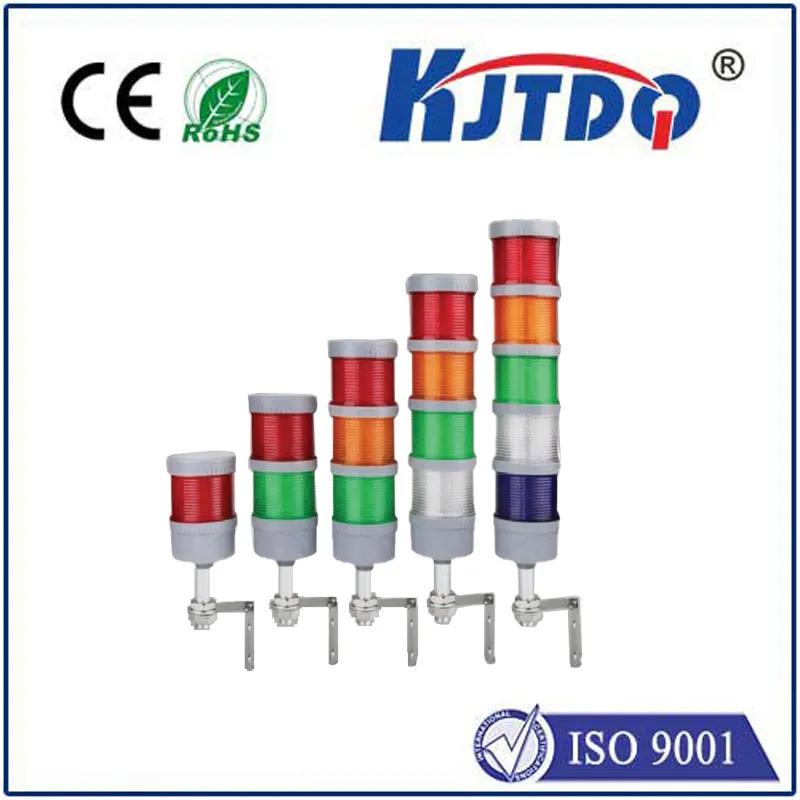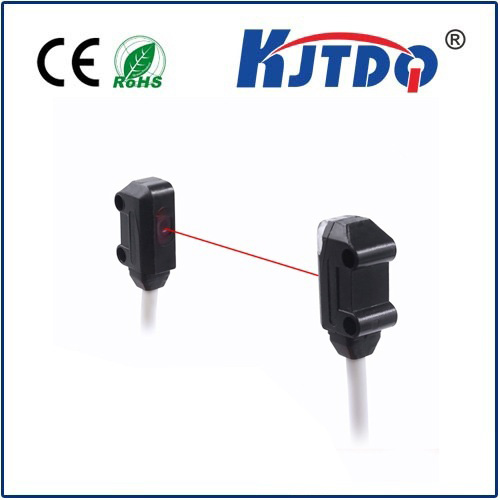









check
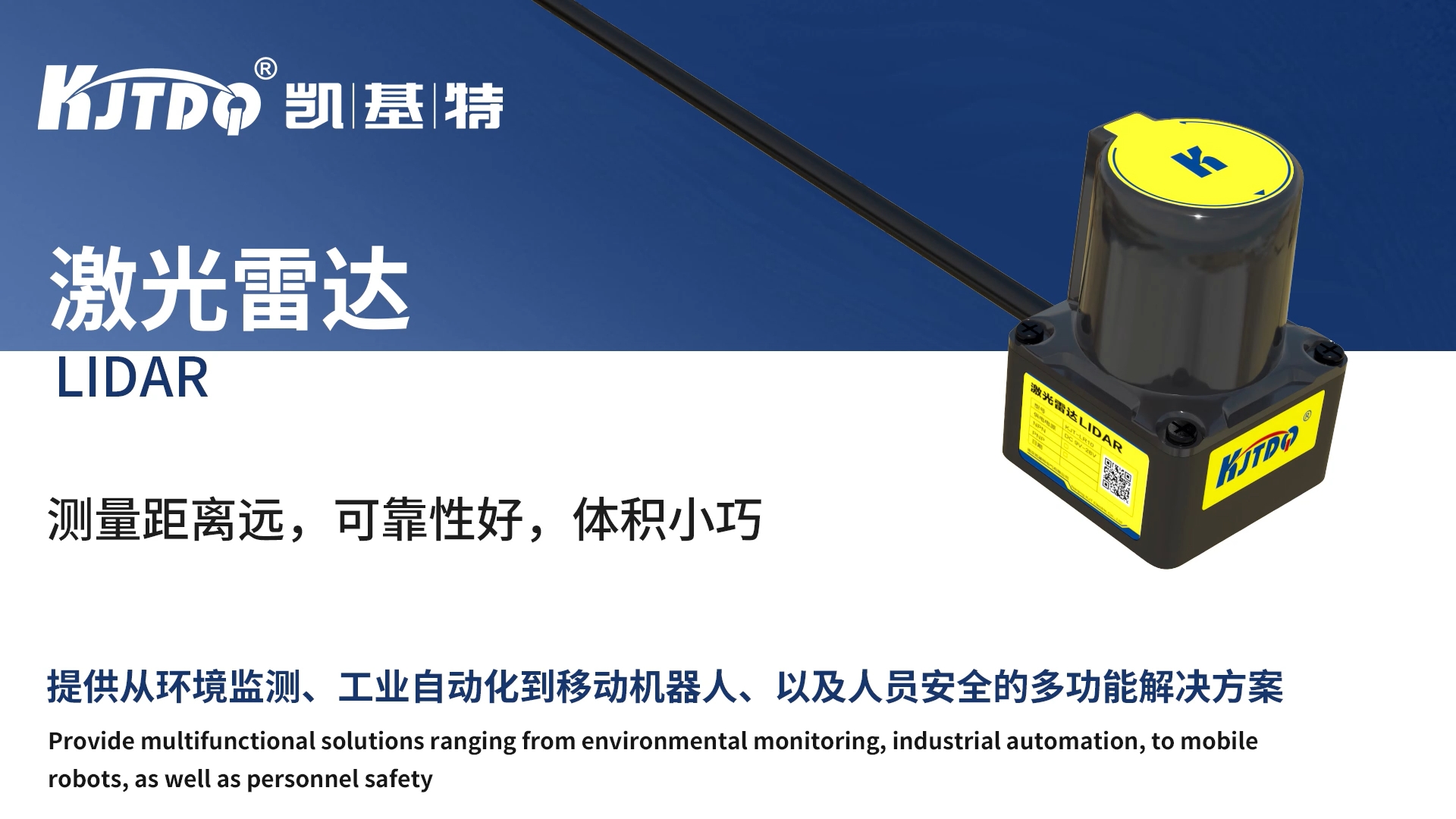
check

check
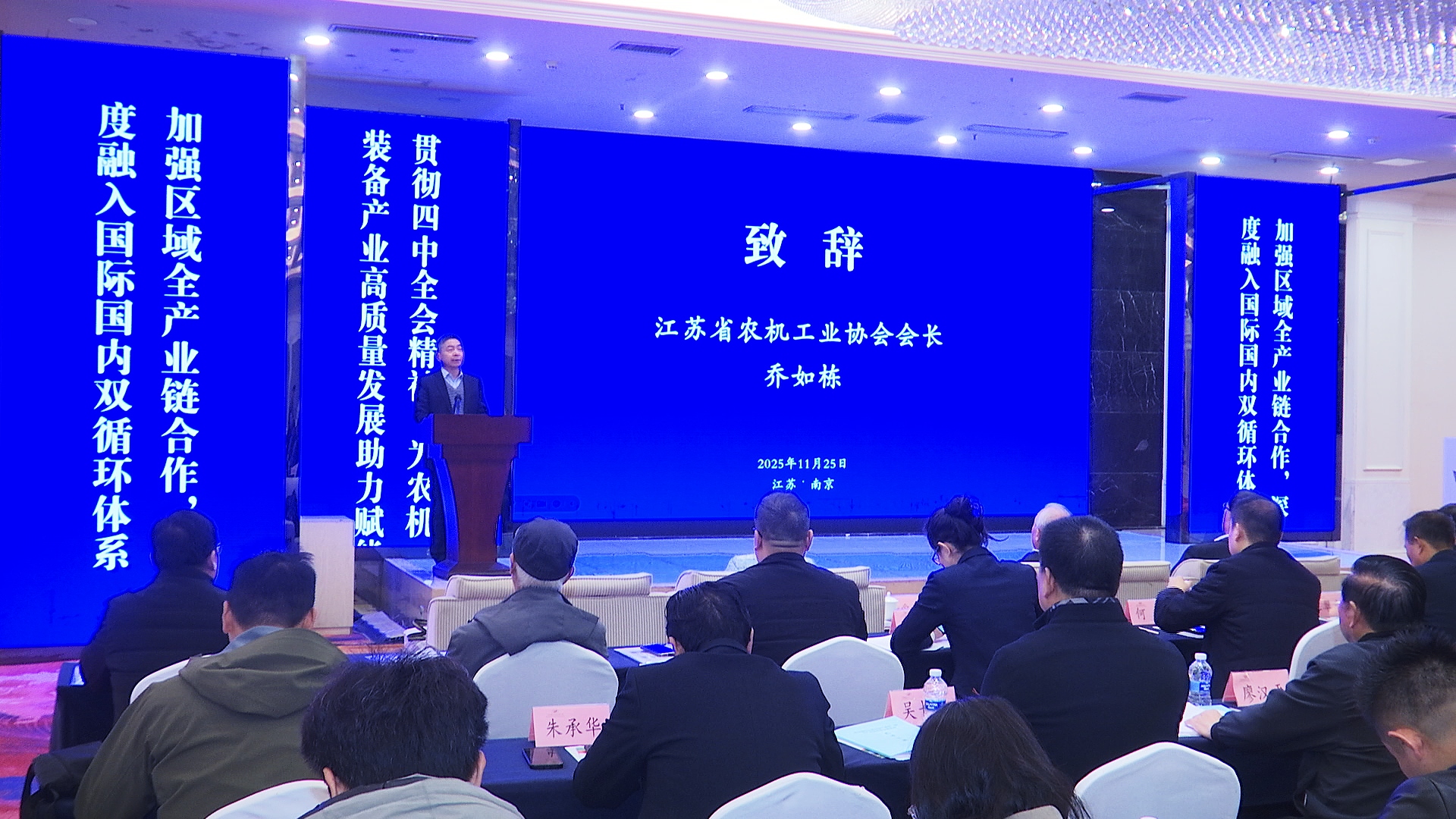
check

check

check

check

check
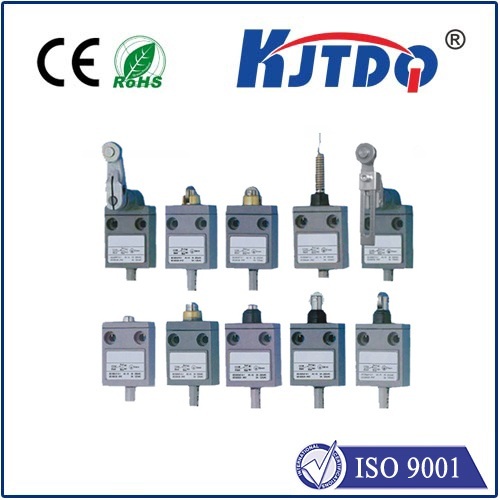
check
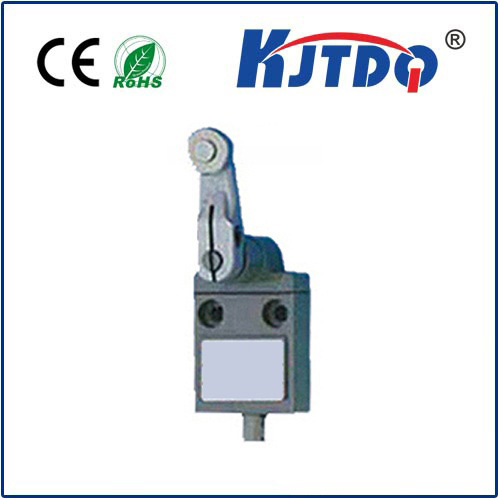
check
Title: Understanding the Different Types of Laser Sensors
Introduction
Laser sensors are widely used in various industries such as automotive, industrial, and medical. They play a crucial role in detecting objects, measuring distance, and ensuring safety. In this article, we will discuss the different types of laser sensors and their applications.
Types of Laser Sensors
1. Reflection Laser Sensors
Reflection laser sensors work by emitting a light beam towards the object to be detected. The sensor then reflects the laser back to its source, which is analyzed to determine the distance or direction of the object. These sensors are commonly used in applications such as parking guidance systems, pedestrian crossings, and automated door systems.

2. Passive Infrared (PIR) Laser Sensors
Passive Infrared (PIR) laser sensors work by detecting changes in infrared radiation emitted by humans and animals. When an individual walks past the sensor, it detects the heat signature and triggers an alarm. These sensors are commonly used in security systems, access control systems, and temperature monitoring in buildings.
3. Time-of-Flight (ToF) Laser Sensors
Time-of-Flight (ToF) laser sensors work by measuring the time it takes for a laser pulse to bounce off an object and return to the sensor. This information is used to calculate the distance to the object. These sensors are commonly used in applications such as robotic navigation, depth sensing, and 3D mapping.
Applications of Laser Sensors
1. Automotive Industry
Laser sensors are widely used in the automotive industry for applications such as collision avoidance, parking guidance, and lane departure warning systems. They provide accurate and reliable data, making them essential for ensuring passenger safety on roads.
2. Industrial Sector
In the industrial sector, laser sensors are used for applications such as quality control, inspection, and process monitoring. They help ensure product consistency and improve production efficiency.
3. Medical Industry
In the medical industry, laser sensors are used for applications such as surgical navigation, tissue detection, and drug delivery. They provide accurate and non-invasive measurements, making them valuable tools for medical professionals.
Conclusion
Laser sensors have become essential in various industries due to their accuracy, reliability, and non-invasive nature. As technology continues to advance, we can expect to see more innovative uses for laser sensors in the future.
